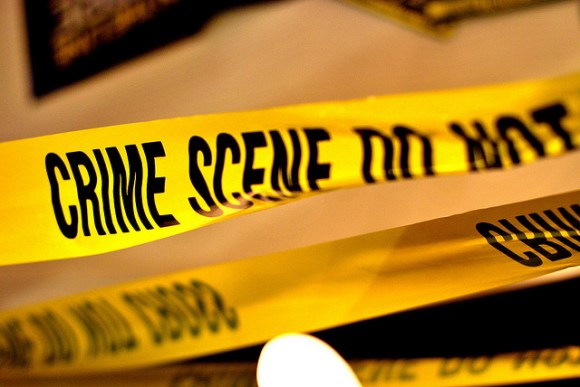Crime and Social Media
The average social media user may not face any issues with regard to crime. Trolling, sure. That’s what the Internet is for, right? Crime directly related to social media is not that common, though. Or is it?
In recent times, however, studies have shown that there is a correlation between crime and social media. As early as 2012, the BBC reported that alleged crimes related to Twitter and Facebook have increased eight-fold in four years!
To be fair, the findings of various studies are not always negative. But when it does go wrong, it can get shocking.
The bad side of crime and social media
There have been cases where crime was committed with indirect connections to social networks, Facebook and MySpace in particular. In many of these cases, cyberbullying played a huge role.
One example is the case of 13-year-old Megan Meier, who was duped by an adult woman on MySpace pretending to be a boy named Josh Evans. They built a relationship, but at some point, Josh decided to end it, telling Megan that, based on things he had been hearing about her, the world would be a better place without Megan. The result: she hanged herself.
This kind of action is now called catfishing.
There are also many recorded lawsuits as a result of social media actions. You might be shocked at some of them as they range from “talking smack about someone on Facebook” to parents suing the school for forcing their daughter to reveal her password.
There is also the argument that what you reveal on social media can lead to crime such as burglary, identity theft, fraud, and sex crimes. In this infographic, you will find some shocking statistics.
Take a look at those stats very carefully, and see how you can protect yourself.
If, unfortunately, you find yourself on the bad side of a social media issue, the best thing to do is get in touch with a Los Angeles criminal lawyer, or a litigation lawyer in your area. Immediately. That’s because sometimes, the accusations may not hold ground.
Crime and social media for good
It’s not all about cyberbullying and catfishing, though. At the other end of the spectrum, social media is being used in good ways to handle crime.
An excellent example is Lieutenant Chris Bolton of the Oakland Police Department, who said he was skeptical of social media back in 2011. After the April 2012 incident where One Goh murdered seven people at Oikos University, a Korean Christian college in Oakland, Bolton changed his mind. He turned to Twitter to provide updates, dispel rumors, and announce emergency alerts. That totally changed his mindset about social media and now takes advantage of it to do his job.
An example of what the Oakland Police Department is doing now:
Police need help identifying two robbery suspects. Reply with TIP http://t.co/f51gX0G7X4
— Oakland Police Dept. (@oaklandpoliceca) March 12, 2014
It’s not just about catching criminals, though. In one case, the Boise Police Department was able to help find a student with Down Syndrome with the help of Twitter.
RT @BoisePD Seen John? #BoiseState student w/ Down syndrome 5’5, 185lbs, last seen 11:50am on campus. Call 911 pic.twitter.com/PRf5WE8pwI — Boise State (@boisestatelive) January 28, 2014
#ThankYou to the woman who found John thx to #Twitter. She sat with him until officers arrived making sure he was OK. #Boise #Awesome
— Boise PD (@BoisePD) January 28, 2014
So yes, there is a relationship between crime and social media, but it works both ways.



